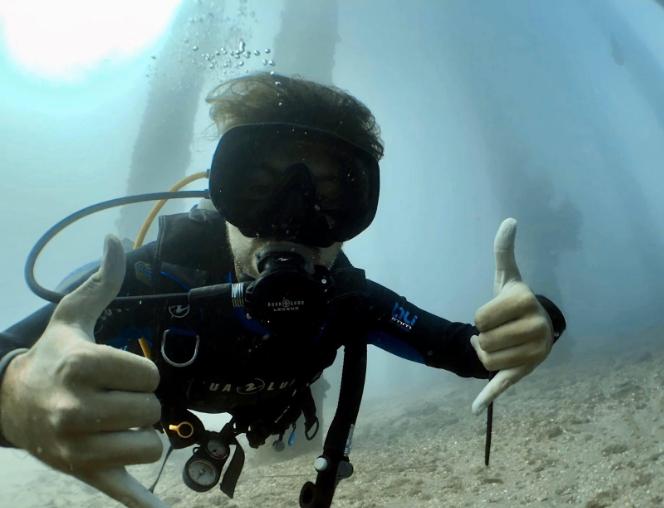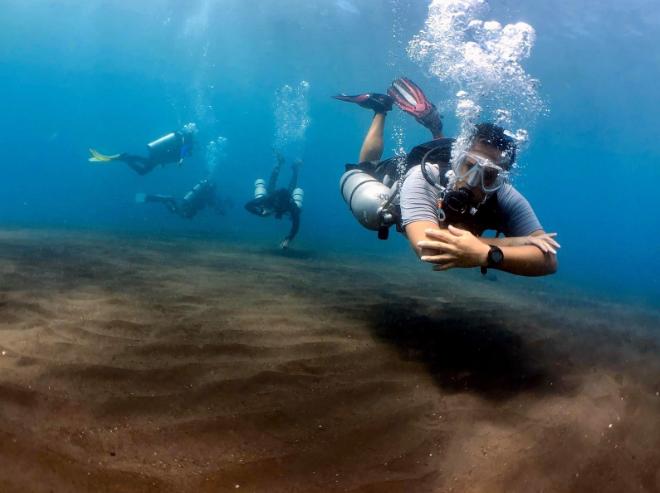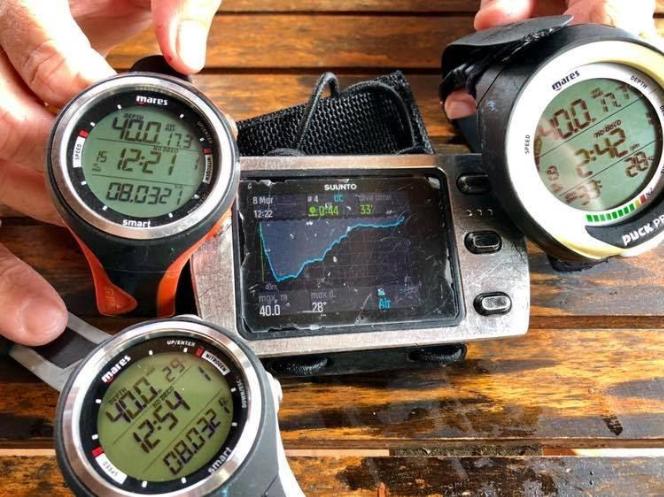What can a PADI Master Scuba Diver Trainer do?
In many cases people consider the sound of the title PADI Master Scuba Diver Trainer more impressive compared to ‘Course Director’. However, does anybody really know the meaning behind being a PADI Master Scuba Diver Trainer?
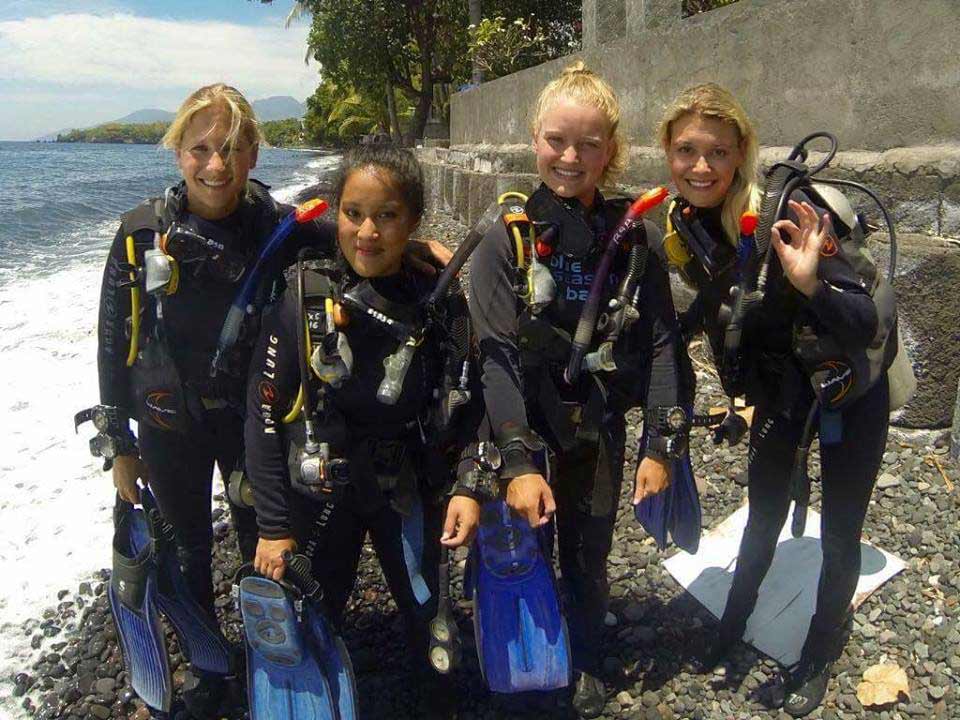
An MSDT, short for PADI Master Scuba Diver Trainer, is a PADI Scuba instructor who is certified to teach five specialty courses (beyond the three specialties a new instructor is allowed to teach) and has certified at least 25 divers. An MSDT sets a role model for other passionate diving instructors and signifies both: experience in teaching and depth in their professional diving education.
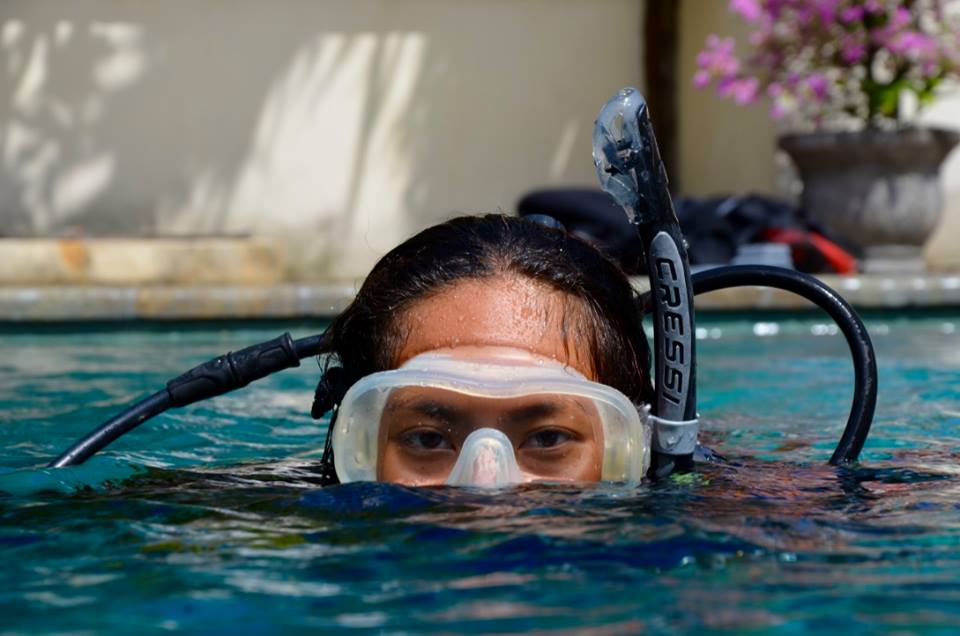
Taking this course with a PADI Course Director can help you earn Specialty Instructor ratings. This is better for your customers and will benefit you in the long run towards your ideal diving goals. Even if it may cost you a little more for that extra training. If you set your goals on becoming an IDC staff or a PADI Master Instructor, training with a PADI Course Director will help you with your preparation to achieve those goals.
Have a look at some of the most popular specialties and why you should consider and prepare to teach them:
1. Enriched Air
Enriched Air is one of the the most popular PADI specialty course. It allows divers to extend their time underwater and have safer dives. It is especially interesting for those who are doing activities such as underwater photography or research-based diving.
2. Deep
All it takes is a dash of confidence and curiosity to explore the ocean’s unique appeal of mysterious and deeper dive sites. It can be a wreck you’ve spotted, a wall of hard corals, or taking a closer look at a giant fan or coral garden. Whatever it may be, this specialty course is an adventure.
3. Wreck
Take a historical approach during your dive to discover some of the world’s fascinating remnants of the past. The wrecks you will discover range from traditional ships, forms of aircraft and vehicles to flooded towns. In order to dive on wrecks safely you will require some training, but it is well worth the thrill!
4. Peak Performance Buoyancy
To have good buoyancy control is a valuable skill every diver should have. It’s the number one tip in Project AWARE’s ten tips for being a conscious diver, as it’s one of the best ways to preserve the aquatic environment – and in some cases protect divers from denting, scratching, or scraping equipment.
5. Night Dive
Watch a whole new world come alive as the underwater critters who sleep during the day start to awake at night. Night Divers explore the alluring atmosphere of the dark. Just like deep diving, night diving is an adventure, where you can only see what is in front of your light.
6. Sidemount
Learn to dive to your convenience by mounting your cylinders on your side rather than on your back. This way of carrying your tanks will give you flexibility and streamlining options to make your dive more enjoyable. You can dive with one or two tanks, it will change your perspective on diving!
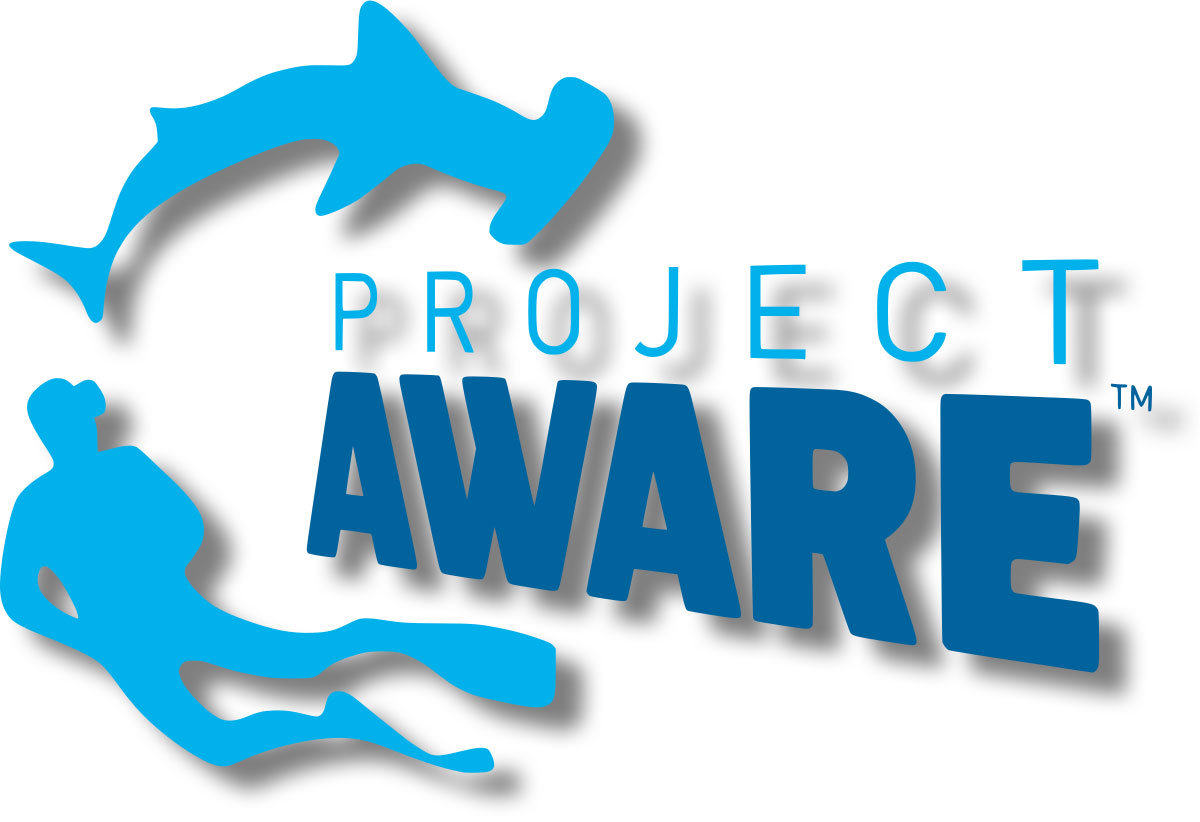
Project AWARE is a non-profit organization that empowers the diving community to spread awareness about conscious diving. As an MSDT, educate your students and teach about steps they can take to conserve the ocean. A common specialty taught in Indonesia because of a large amount of debris is Project AWARE’s Dive Against Debris. Support the program and influence your students to improve the health of the ocean’s ecosystems through voluntary efforts by picking up what shouldn’t be in the ocean during your dives.
Teach specialty courses as a respected PADI Master Scuba Diver Trainer and choose Blue Season Bali to for Bali’s most distinguished PADI Divemaster and PADI Instructor Internships. Join us!

